
Rare types of dementia
The rarer forms of dementia can have different symptoms to the traditional types, such as Alzheimer’s or vascular dementia, so accurate diagnosis and early specialist support are especially important.


The rarer forms of dementia can have different symptoms to the traditional types, such as Alzheimer’s or vascular dementia, so accurate diagnosis and early specialist support are especially important.
PCA affects the back part of the brain that processes vision. People with PCA might struggle to read, judge distances or recognise objects, even though their eyes are healthy. In the early stages, memory often stays intact. PCA is usually linked to Alzheimer’s changes in the brain.
PPA primarily affects the ability to use language. Over time, people with PPA may lose the ability to speak, read, or understand words. In the early stages, memory and general thinking skills are often preserved.
Huntington’s is a genetic condition that gradually damages nerve cells in your brain. People with Huntington’s may develop movement problems, psychiatric symptoms, and eventually dementia. It usually starts between ages 30 to 50 and progresses over 10 to 25 years.
• Alzheimer’s Society (UK): offers tailored resources for YOD
• Dementia UK: Admiral Nurses provide family support
• Rare Dementia Support (UK): Especially for FTD and genetic forms